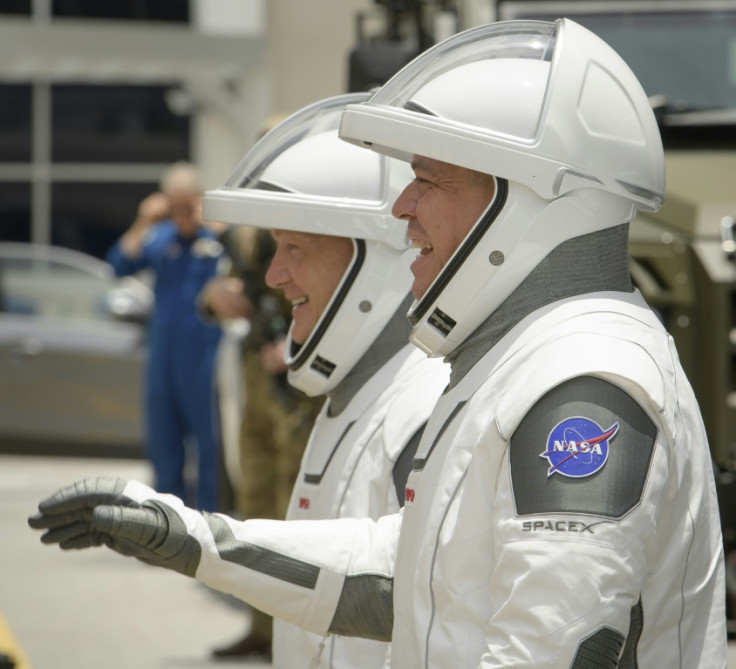Healthy gut is key to preventing bone loss in astronauts in space
The researchers ascertained that the bacteria linked to intestinal inflammation increased during space travel.
Keeping astronauts safe and healthy while in space may have become a tad easier, thanks to new research, which found that by manipulating the gut microbiome, bone loss and muscle breakdown in astronauts may be prevented.
Research published in the journal Frontiers in Physiology, entitled, "Gut Microbiome and Space Travelers' Health: State of the Art and Possible Pro/Prebiotic Strategies for Long-Term Space Missions," found that manipulating the gut microbiome of astronauts can help maintain their health while they are on spaceships.
The researchers ascertained that the bacteria linked to intestinal inflammation increased during space travel. Aside from this, they discovered that astronauts also suffered from nausea, reduced bone mass, and muscle breakdown resulting from reduced gravity when they are in space.
Professor Silvia Turroni, one of the authors of the study from the University of Bologna, revealed in the Independent that the research suggests that the negative effects of space travel may be countered through proper nutrition and diet. The use of prebiotics and probiotics is very promising in this aspect.
Professor Martina Heer from the University of Bonn in Germany, and also one of the co-authors, stated that among the primary goals when it comes to long-term exploratory missions in space is to ensure that the gut microbiome of astronauts is kept in check. She added that the myriad of microorganisms residing in the intestines must not be neglected. They should be in balance to help ensure the success of the mission.
The researchers explained the when the body enters microgravity, the system also starts adapting to its new environment. Body fluids start to make a huge shift, from the lower extremities to the upper portions of the body, and this could lead to changes in functions in the intestines. Loss of bone mass, breakdown in muscles, reduced energy intake, and other negative health effects may be reversed if spaceflights are short at only up to six months. The story is quite different if the mission could be for a year or longer, which is why taking astronauts' health into consideration from the start is of huge importance.

Thus, researchers emphasised optimising diets to ensure that astronauts have adequate fiber supply and that their diets are integrated with prebiotics and probiotics. This will help warrant that intestinal microbes are maintained for optimal health while in space.
© Copyright IBTimes 2025. All rights reserved.





















